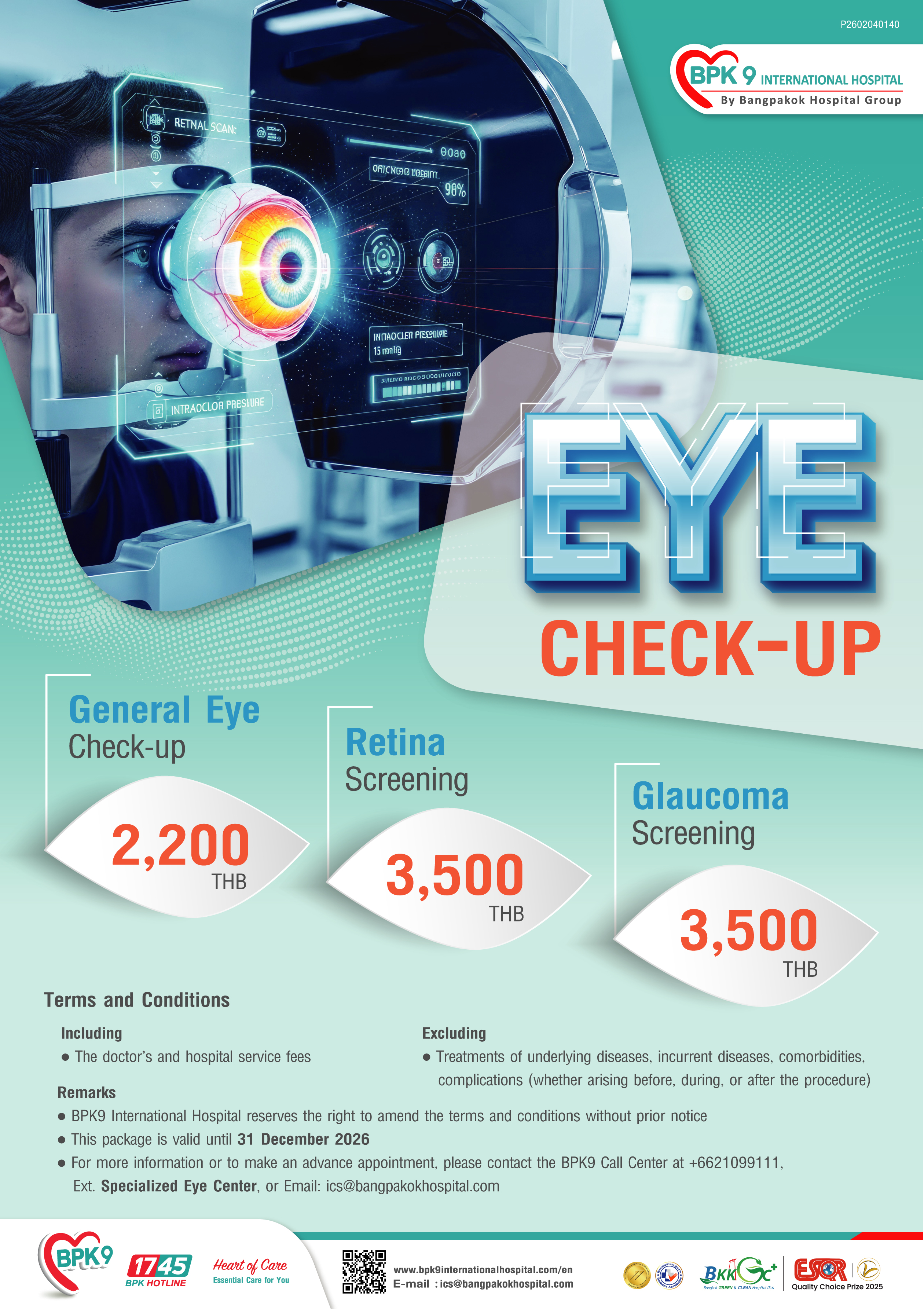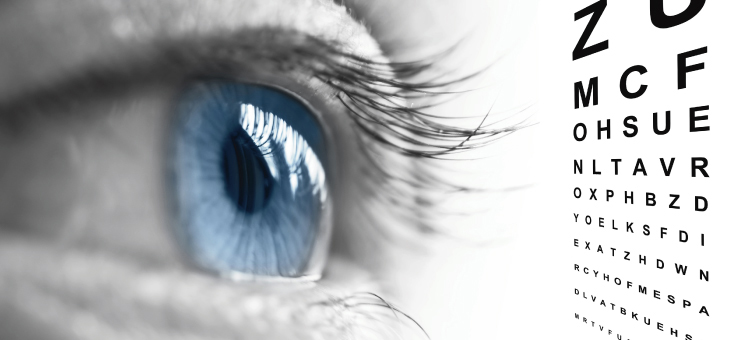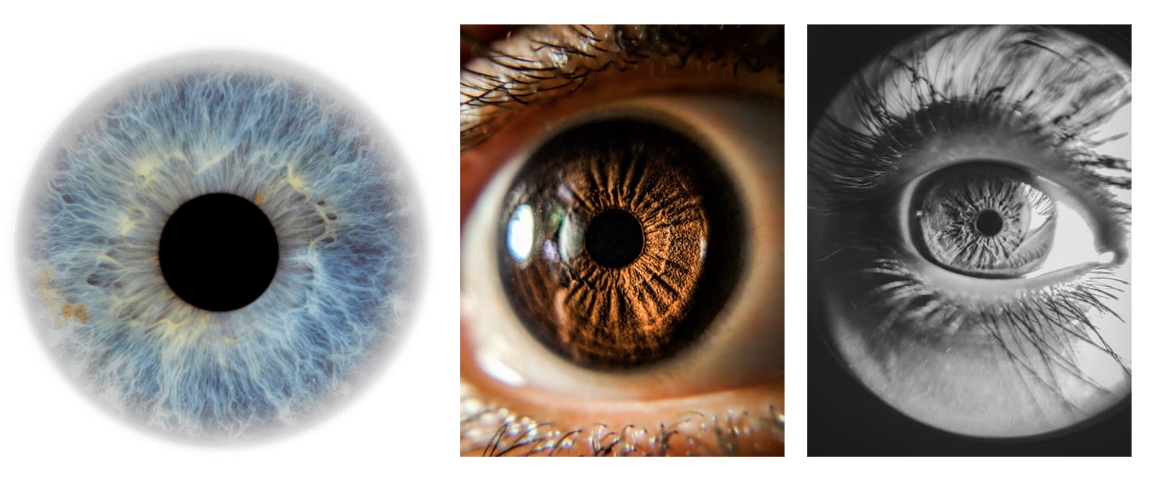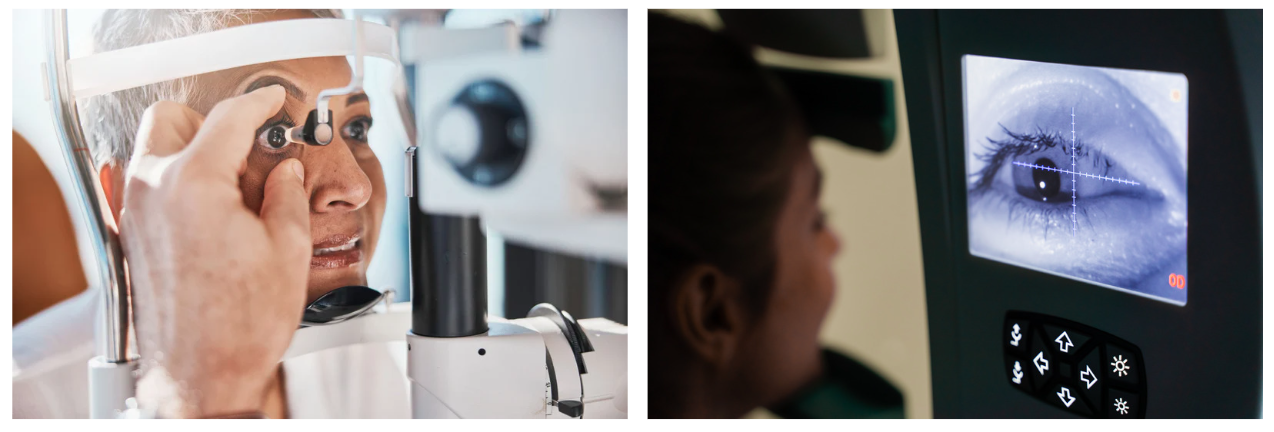Eye Check-up

Eye Checkup
A General Eye Check-up is an external examination of the eyes consisting of various specific tests like pupil function, visual acuity, visual fields, extraocular muscle motility, refraction; objectiveness, subjectiveness and cycloplegia, a dilated pupil-intraocular pressure-ophthalmoscopy, slit-lamp, retina examination, and so on.
The Importance of Regular Eye Checkups: A Window to Better Vision and Health
Our eyes are one of the most precious gifts we have, allowing us to experience the beauty of the world around us. However, they are also delicate and vulnerable to various conditions that may develop silently over time. Regular eye checkups play a crucial role in maintaining not only good vision but also overall health.
Why Eye Checkups Matter?
It’s a comprehensive evaluation of your vision and eye health, helping to detect potential issues before they become serious. Many eye conditions, such as glaucoma, cataracts, and macular degeneration, often develop without noticeable symptoms in their early stages. By the time symptoms appear, significant damage may have already occurred. Regular checkups ensure early detection and timely intervention.
The Benefits of Routine Eye Exams
- Detecting Vision Problems Early
- Blurry vision, difficulty reading, or frequent headaches could indicate vision problems that can be easily corrected with the right prescription glasses or contact lenses. Regular checkups ensure your eyesight remains sharp and comfortable.
- Preventing Eye Diseases
- Conditions like glaucoma and diabetic retinopathy can lead to vision loss if not detected early. An eye exam can help diagnose these issues before they progress, allowing for effective treatment and management.
- Monitoring Overall Health
- Your eyes are a window to your overall well-being. Eye doctors can detect signs of diabetes, high blood pressure, and even neurological conditions during an eye exam, leading to early medical intervention.
- Reducing Digital Eye Strain
- With increased screen time due to work and leisure, many people experience digital eye strain. Regular checkups help identify strain-related issues and offer solutions such as blue light protection and ergonomic advice.
- Enhancing Quality of Life
- Clear vision improves productivity, confidence, and overall quality of life. Whether it's reading, driving, or simply enjoying nature, good eye health makes everyday activities more enjoyable and stress-free.
When Should You Get an Eye Checkup?
- Children: At least once before starting school and regularly thereafter.
- Adults: Every 1-2 years, depending on age, medical history, and risk factors.
- Seniors: Annually, to monitor age-related eye conditions.
Your eyesight is invaluable, and regular eye checkups are a simple yet powerful way to protect it. Whether you're experiencing vision issues or not, scheduling an eye exam can safeguard your vision and overall health.

Retina Screening
Retina Screening is a detecting technique regarding any changes to the small blood vessels in the lining at the back of your eye. It involves having a photo taken of your eyes with a digital camera. Macular Edema happens when blood vessels leak into a part of the retina called the macula. This makes the macula swell, causing blurry vision. Many different conditions can cause macular edema. The most common one is diabetic retinopathy. If diabetic eye disease (diabetic retinopathy) is found early, treatment can reduce or prevent damage to your visualization or eyesight.
Diabetic retinopathy is a complication of diabetes caused by high blood glucose (sugar) levels that damage the back of the eye (retina). However, it generally takes several years for diabetic retinopathy to develop and reach a stage where it is able to threaten your sight.
Glaucoma Screening
An eye disease or disorder that is defined as a characteristic Optic Neuropathy, or disease of the optic nerve, is usually caused by fluid building up in the front part of the eye, which increases pressure inside the eye, if untreated, leading to damage of the optic disc of the eye and resultant visual field loss due to lack of communication between the retina and the brain, which can lead to visual impairment or eventually complete blindness.
Signs of Glaucoma
- Sudden, severe pain in one eye.
- Decreased or cloudy vision, often called "steamy" vision.
- Nausea and vomiting.
- Rainbow-like halos around lights.
- Red eye.
- Eye feels swollen.
Heart of Care Essential Care for You

